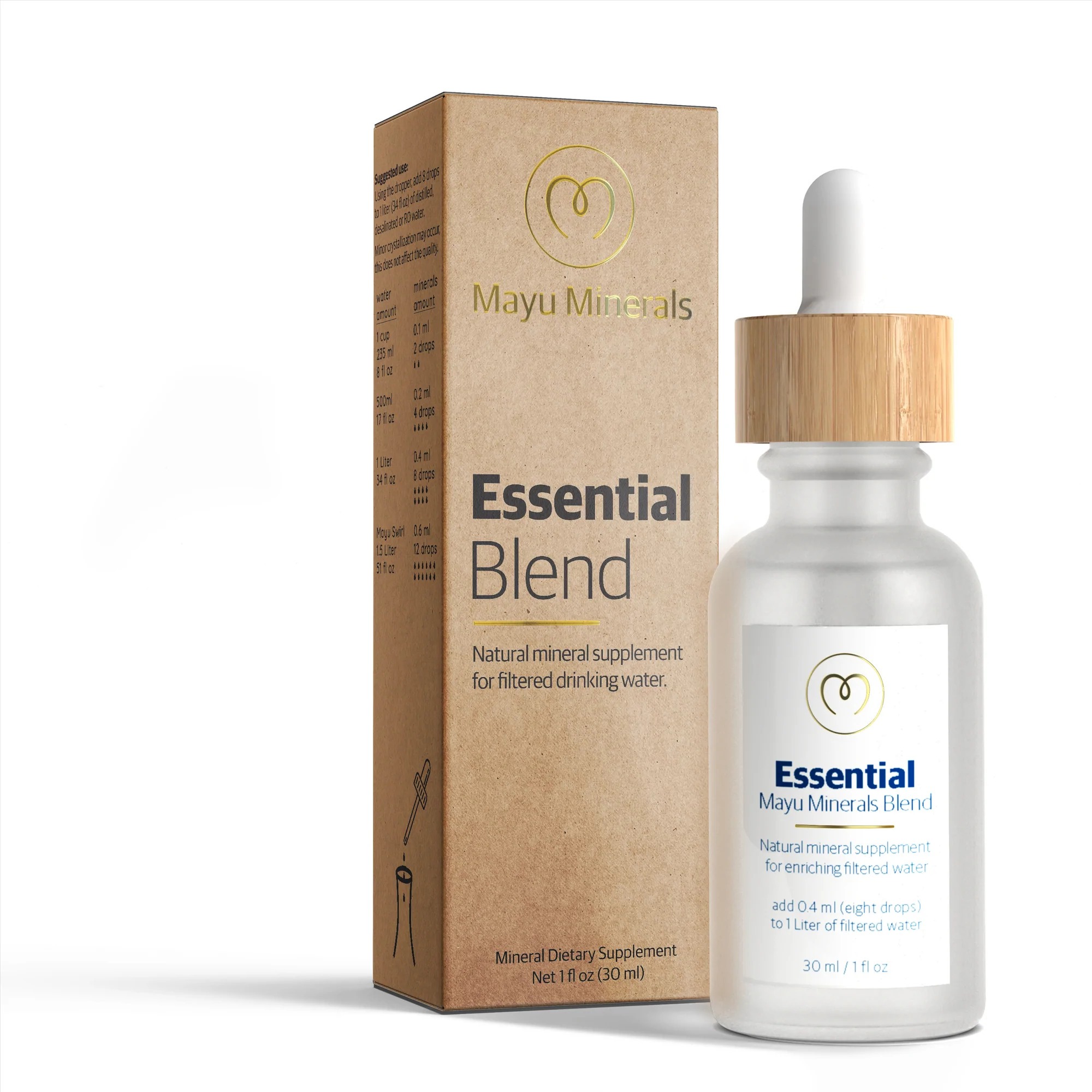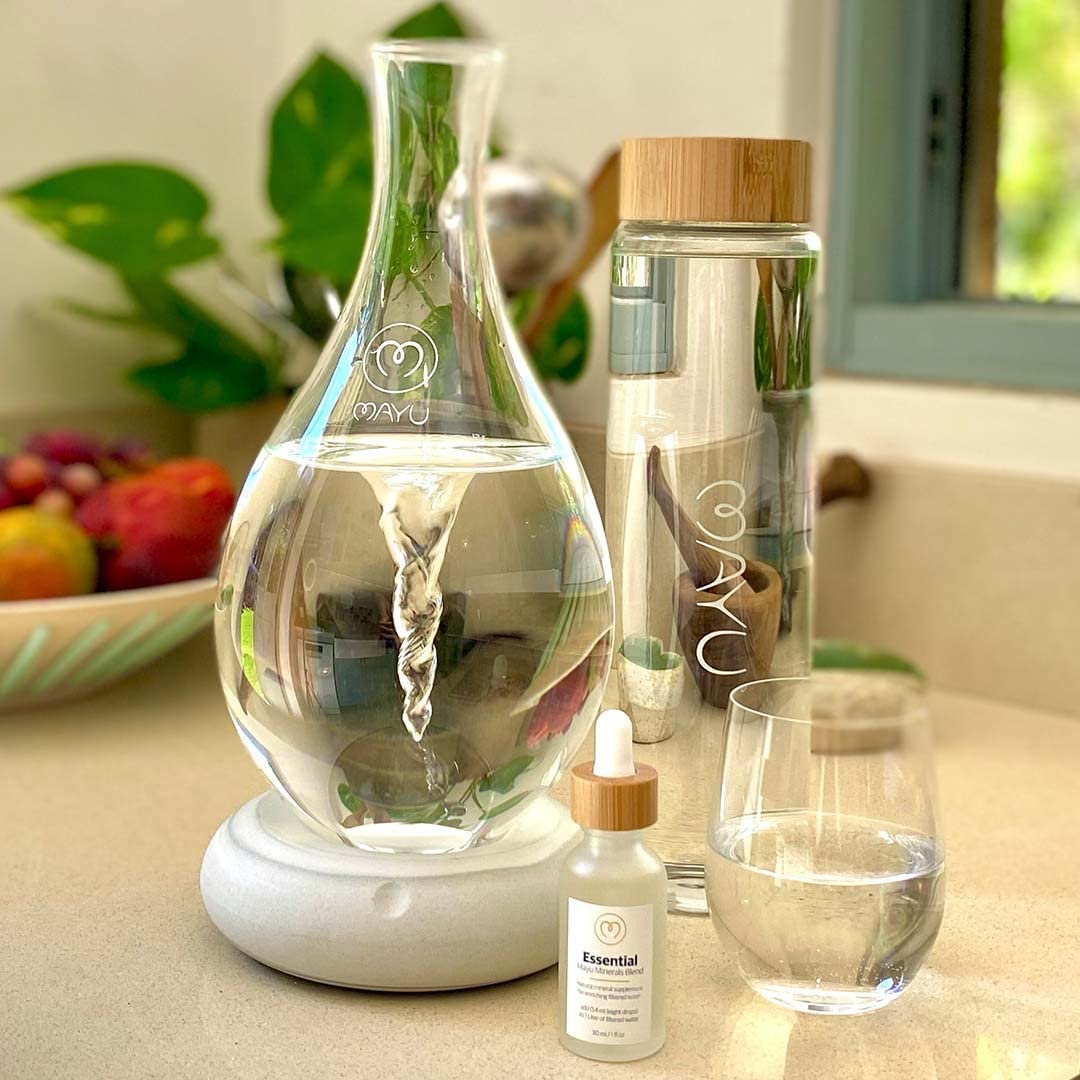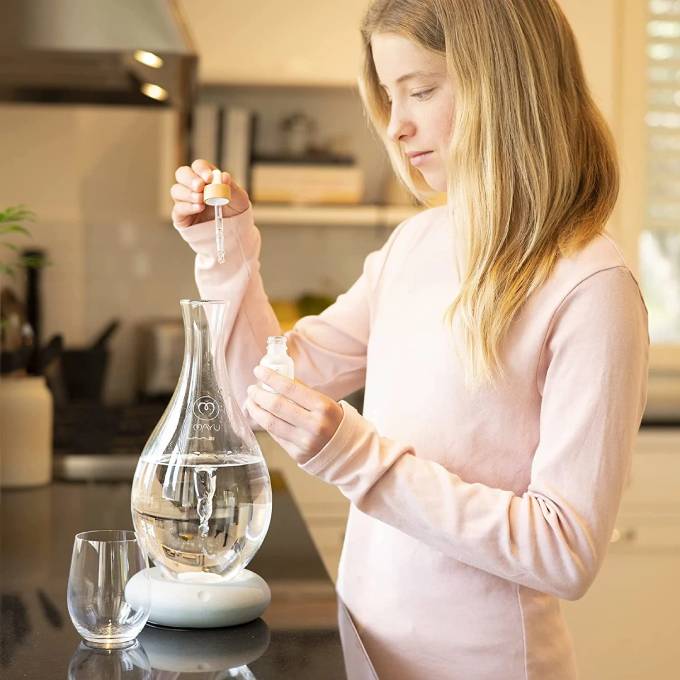5 Minerals for Liver Health: Supporting Your Body's Filter
From filtering toxins to processing nutrients, your liver relies on minerals to thrive. Learn which ones matter most.
Updated February 20, 2024

The liver plays various vital roles in maintaining your health. Yet, many people neglect its important role until they face health issues.
By understanding how specific minerals support your it, you can make informed choices about your lifestyle and diet to enhance your well-being.
Why Is Liver Health Important?
Although it's often associated with detoxification, the liver plays a far more essential role in your overall well-being. It performs over 500 vital functions, including:
- Filtering out harmful substances like toxins and waste products from your bloodstream, protecting you from potential damage.
- Breaking down carbohydrates, proteins, and fats into usable energy ensures your body has the fuel to function at its best.
- Helping you digest and absorb dietary fats by producing bile, contributing to a healthy gut.
- Acting as a reserve for essential vitamins like A, D, E, and K. It also supplies minerals like iron and copper, ensuring they're available for bodily functions.
- Creating proteins crucial for blood clotting and immunity, like fibrinogen helps your body fight off infections and maintain proper blood flow.
Essential Minerals for Liver Support
1. Zinc
Zinc promotes liver health through several vital mechanisms. It supports protein synthesis and metabolism, essential for repairing and maintaining tissue. It's also an antioxidant which shields liver cells from damage.
2. Selenium
Selenium safeguards liver cells from damage by acting as a powerful antioxidant. It additionally bolsters detoxification processes and aids in the absorption of certain medications.
3. Magnesium
Magnesium is vital in over 300 enzymatic reactions, including those essential for liver detoxification. It regulates enzyme activity, enabling efficient carbohydrate and fat metabolism for energy production. Its anti-inflammatory properties help combat liver inflammation and contribute to overall health.
4. Copper
Copper plays various roles in liver health. Firstly, it supports essential processes like protein synthesis and metabolism for tissue repair and maintenance. Secondly, it is a cofactor in antioxidant defense and iron utilization, protecting liver cells from damage.
Lastly, copper detoxifies the liver by making enzyme production easier. It also strengthens its structural integrity by helping connective tissue.
5. Iron
Iron plays a central role in oxygen transport. It forms hemoglobin, promotes liver function, including storage and regulation, and is used in essential enzyme functions for metabolism and detoxification. This delicate balance highlights the importance of maintaining moderate iron levels for optimal liver health.
» See which minerals are found in mineral water
Mineral-Rich Foods For Your Liver
Following a nutritious diet with a variety of whole, minimally processed plant and animal foods can boost mineral levels. These are some food sources packed with crucial minerals:
- Zinc: Oysters, beef, chicken, legumes, nuts, and seeds.
- Selenium: Brazil nuts, beef, poultry, and eggs, as well as seafood such as tuna, sardines, and shrimp.
- Magnesium: Dark leafy greens, nuts and seeds, whole grains, legumes, and fish.
- Copper: Shellfish, organ meats such as liver, nuts, seeds, and whole grains
- Iron: Red meat, poultry, seafood such as clams and oysters, legumes, and leafy green vegetables.
» Find out how to choose the right water mineral drops for your diet
Lifestyle Habits to Boost Your Liver
Eat Smart
- Ditch processed foods: They lack essential nutrients and hinder mineral absorption. Instead, nourish your body with fruits, veggies, and whole grains that offer minerals and fiber for enhanced absorption.
- Stay hydrated: Drinking enough water helps flush toxins, transport nutrients, and regulate temperature for optimal function.
- Limit alcohol: Excessive intake disrupts nutrient absorption and can lead to mineral deficiencies.
Rest Well
- Aim for 8 hours of sleep: Adequate sleep lets your liver repair and function at its best.
- Manage stress: Chronic stress strains your liver—practice relaxation techniques like meditation or yoga.
Move Your Body
- Exercise moderately: Improves circulation and helps transport minerals where needed.
- Maintain a healthy weight: Excess weight can contribute to fatty liver disease. Focus on balanced eating and exercise.
Take Charge of Your Well-Being
Your liver is a vital organ essential for overall well-being, not just when you face health concerns. Striving for a balanced diet remains the best way to meet mineral needs. But, some people may experience deficiencies due to various factors, such as underlying conditions, medication interactions, or dietary restrictions.
If you struggle to meet your mineral needs through diet alone, exploring options like MAYU Minerals | Essential Drops can be a potential solution. This concentrated solution contains essential trace minerals in small doses to boost your mineral intake.

















































